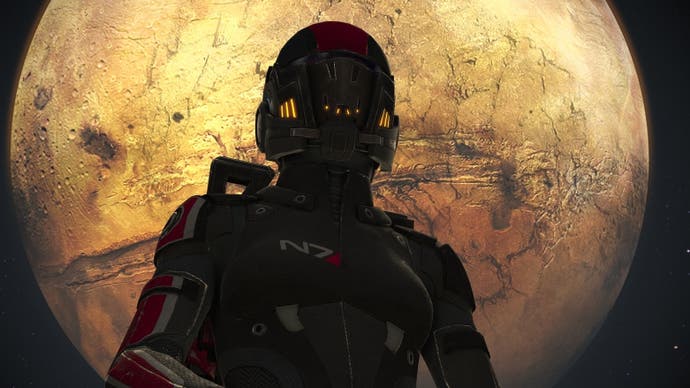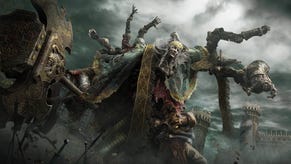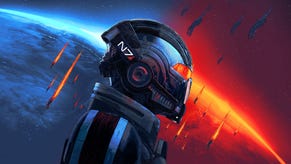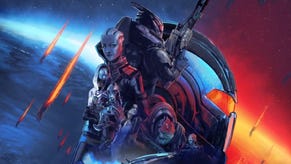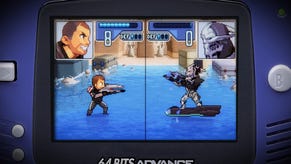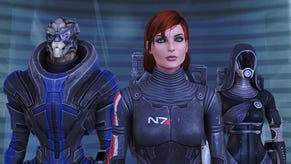"It's about fellowship": on the pleasures of party-members and friendship in games
This piece contains a lot of spoilers!
Significant spoilers follow for Chrono Trigger, Final Fantasy 7, Baldur's Gate 2, and Dragon Age: Inquisition.
In one of the last scenes of the biopic Tolkien, we see a young version of the eponymous professor musing on the story he plans to write:
'I suppose it's about quests, to a certain extent,' he says. 'The journeys we take to prove ourselves. About courage. Fellowship. It's about fellowship. Friendship.'
It's this sense of fellowship that I find most compelling when it comes to party members in my favourite RPGs. Groups in general are intriguing; the mixture of extremely different personalities working together, the bonds that form, the ones that break, the friendships and romances and betrayals. In some cases, a single party member is enough to win me over to the game as a whole.
A good example is Chrono Trigger, typically hailed as one of the masterpieces in the RPG genre. Playing the game for the first time, I found myself liking it but also being somewhat underwhelmed after all the praise I had heard. Then I encountered a melancholic frog with a sword.
The game gives us his background; he was once a boy, skilful with a weapon and yet too peaceful and sensitive to hurt others, and thus ended up being bullied until his friend Cyrus put a stop to it. At one point, Cyrus declares that he will become a Knight, and asks why Glenn won't do the same, considering his ability. 'I haven't the nerve it takes to be a knight. In a real battle, the fear would take me,' Glenn says.
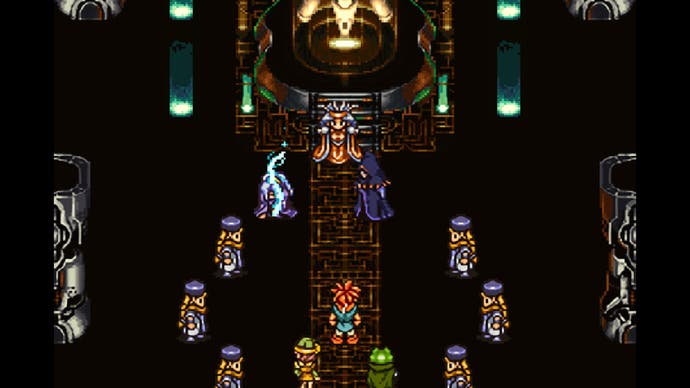
Of course, in a future scene, we see Glenn in a real battle. Cyrus orders him to run, and then tries to hold the enemies off - he is murdered, and Glenn, although horrified, does not run or fight. He seems unable to do anything. The enemies, poking fun at his fear, cast a transformation spell on him, and he falls from the cliff-top as his body begins to change into that of a frog.
Does Glenn find redemption? Will he confront his enemy again? After ten years as a frog, will he return to being human? It wasn't just these questions that engaged me, it was something more powerful; I related to Glenn, especially his anxieties and unfortunate passivity. This was the emotional connection that had been lacking for me in the game to that point - I was invested, and ended up becoming far more engaged with the game as a whole. I kept him in my party as I played - whenever I play an RPG, my party is often based on some type of emotional connection rather than worries about stats and abilities. I don't have to relate to them as I do with Glenn, necessarily, but I have to care about them. A party is often, to use Tolkien's term, a fellowship - it's Sam telling Frodo that he won't abandon him, or Gandalf choosing to face the enemy while his friends escape, much like Cyrus for Glenn. The characters care about each other, and we care about the characters.
I can't discuss this topic without referencing the famous death in Final Fantasy 7, something that has been discussed for years, as K.W. Colyard points out. Tetsuya Nomura was the one who made the decision to have Aerith die; his aim was to evoke the feeling of pain and bereavement in gamers. It worked so well that, even today, it is perhaps one of the most emotionally powerful moments to be found in the medium, because Aerith feels like a person, and a friend. The death itself would feel shallow if not for the way she is built up with endearing and skilful characterisation beforehand. The writing has given her personality, so that when Cloud laments how she will no longer laugh or cry again, we feel that sorrow, because we recall those same moments. We miss her.
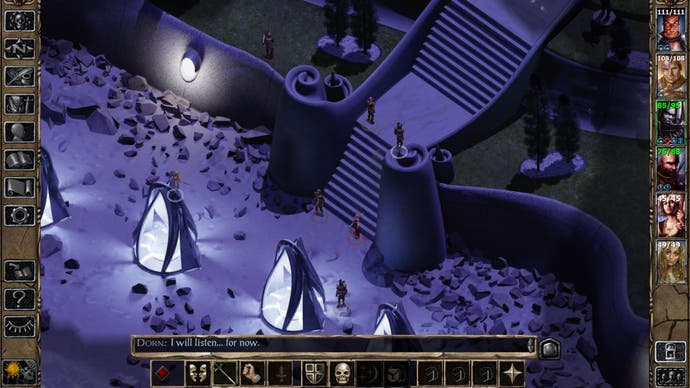
BioWare are generally acknowledged as the specialists when it comes to characterisation and character interaction in games, but I wasn't able to detect this when I played the original Baldur's Gate. It was the sequel that impressed me by instantly building up an emotional connection between the player and Imoen (your character's relative) through dialogue exchanges where she reveals her fear and vulnerability. The game understood that this connection was vital, because when she was kidnapped I really did want to help her. The characterisation and dialogue interaction element in BioWare games are so strong that I sometimes find myself talking about the characters as if they are humans. 'I just can never get along with him,' I've said about Fenris from Dragon Age 2, before realising how odd it sounds.
BioWare are able to create this connection through obvious methods like continual conversations, but also in small, surprisingly effective ways - in Mass Effect 2 (the Shadow Broker DLC), for example, there is a particularly smart and endearing touch where you can actually see what your companions have been doing on the 'Extranet'. Jack writes poetry in secret, Grunt is downloading Ernest Hemingway audiobooks, and so on. It's wonderfully humanising, and all it took was a bit of text.
Dragon Age Inquisition does something I have never seen before in regard to party members and emotional connection. After spending the entire game with one mandatory character in your Inquisition, it is revealed - at the very end - that he was actually deceiving you the entire time, and is now seemingly the big antagonist for you to overcome in the next game. (Further complicating matters is that your character may have been in a romantic relationship with him.) Party members turning on you is not unusual, but to find this out at the very end of the game and be left hanging is a different story. (There is a DLC where you actually can confront him, but that doesn't completely resolve things either, and it didn't release on the older consoles.) When considering the emotional connections BioWare establishes with Solas - to both character and player - it's a shame that the Inquisitor doesn't seem to be the protagonist going forward.
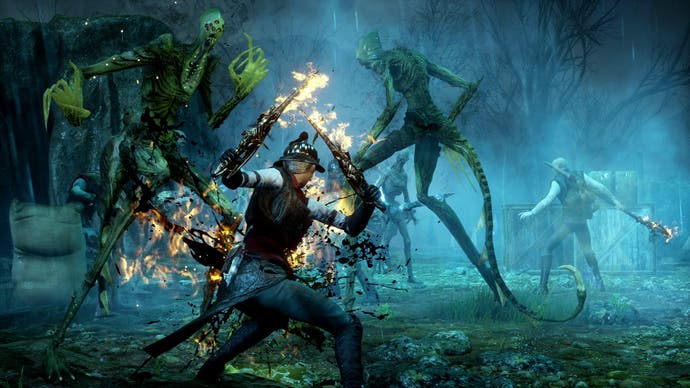
It's not just about the player and the characters, though - it's also about how the characters interact with one another. I still have fond memories of walking in on Cassandra chasing Varric around a room, Dorian coolly losing to Cullen in chess, or a more serious incident where Solas and Varric disagree over how to help Cole. This is part of what makes teams and parties so fun in games and fiction as a whole - it's the dramatic potential of different personalities interacting. On another level, there is also a sense of warmth and belonging, and maybe this is why I have yet to really get into The Witcher 3, an impressive game where you spend a lot of time alone.
I usually like doing things by myself - reading, writing, and playing single-player games. There have been times, however, where I've taken part in teams or groups, and it's nice to feel, for just a moment, that kind of companionship. This is why games that attempt to capture that same sensation in parties continue to grab me. For me, and many others, characters are the key to emotional investment - I'm reminded of when the people behind Avatar: The Last Airbender released a poster of the cast as adults, with an 'Old Friends' line above them. At their best, video game parties make the characters feel like old friends.
